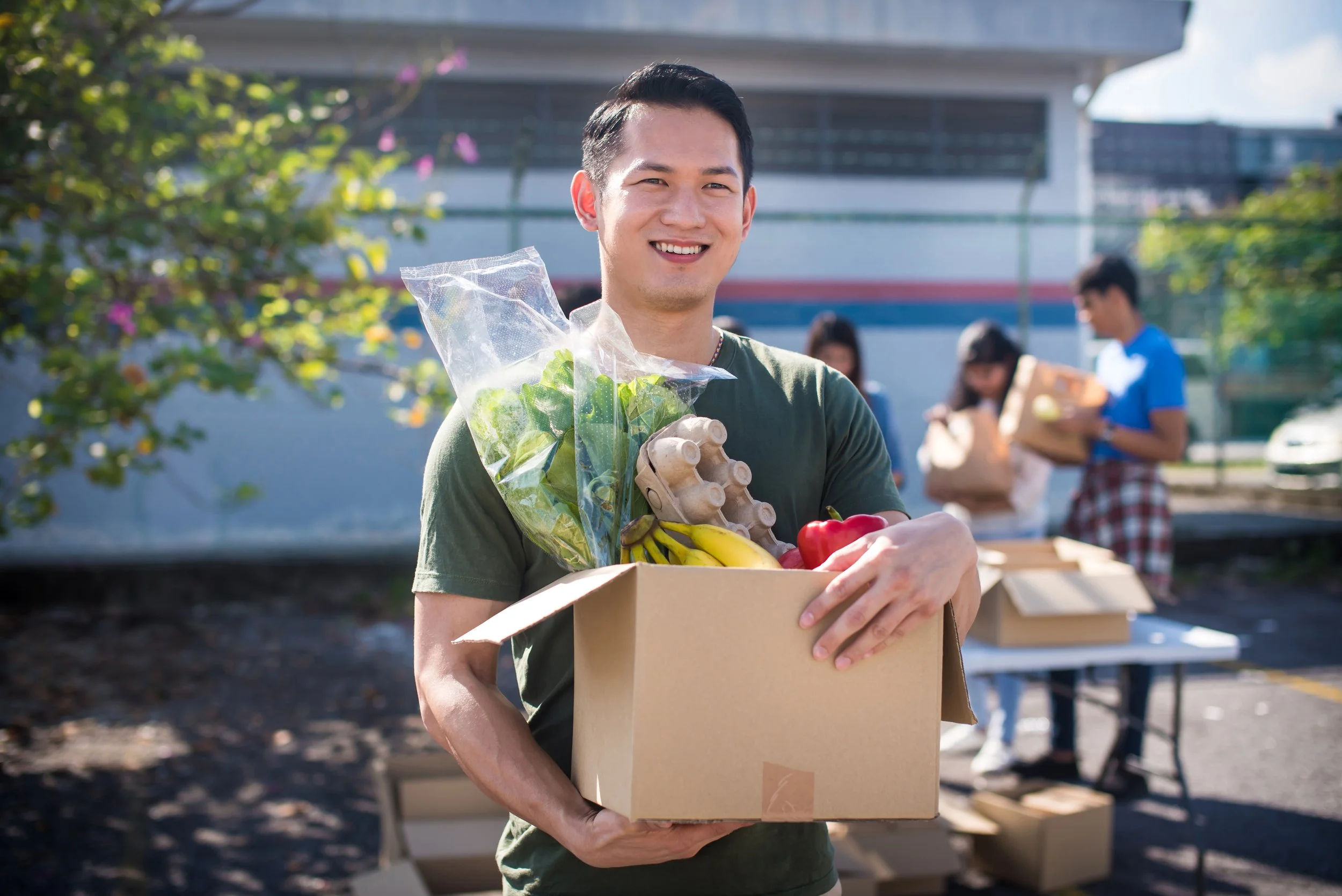
Taking policy local: how to shape county action on food security
Counties may not always be centered in the food security conversation, but they are some of Hawaiʻi’s most powerful leaders in combating hunger.

Can Hawaiʻi afford to cut the grocery tax?
Any proposal to reduce or remove the GET on food must be paired with a credible plan for replacing the revenue. It’s a challenge, but also an opportunity to build a fairer and more sustainable system.

Powered by the people: How Hawaiʻi Appleseed’s community-first focus can create change—with your help
When we put people first, it means our policy proposals come from the community—which is essential to turning those proposals into law.

The chilling effect: How federal cuts and immigration crackdowns threaten food security in Hawaiʻi
The mega budget bill that Congress recently passed narrows who can access critical programs like SNAP and Medicaid, while fueling fear and confusion about who can safely apply for assistance in the wake of increased immigration enforcement.

Federal transportation cuts threaten Hawaiʻi’s health and climate goals
With $131 million in transportation funds at risk, Hawaiʻi faces the possibility of lasting harm to our island infrastructure, and inhibited mobility for residents who rely on walking, biking and public transit.

How looming Federal cuts could impact housing in Hawaiʻi
If enacted, these cuts would gut rental assistance, eliminate key affordable housing development programs and slash funding for homelessness services.
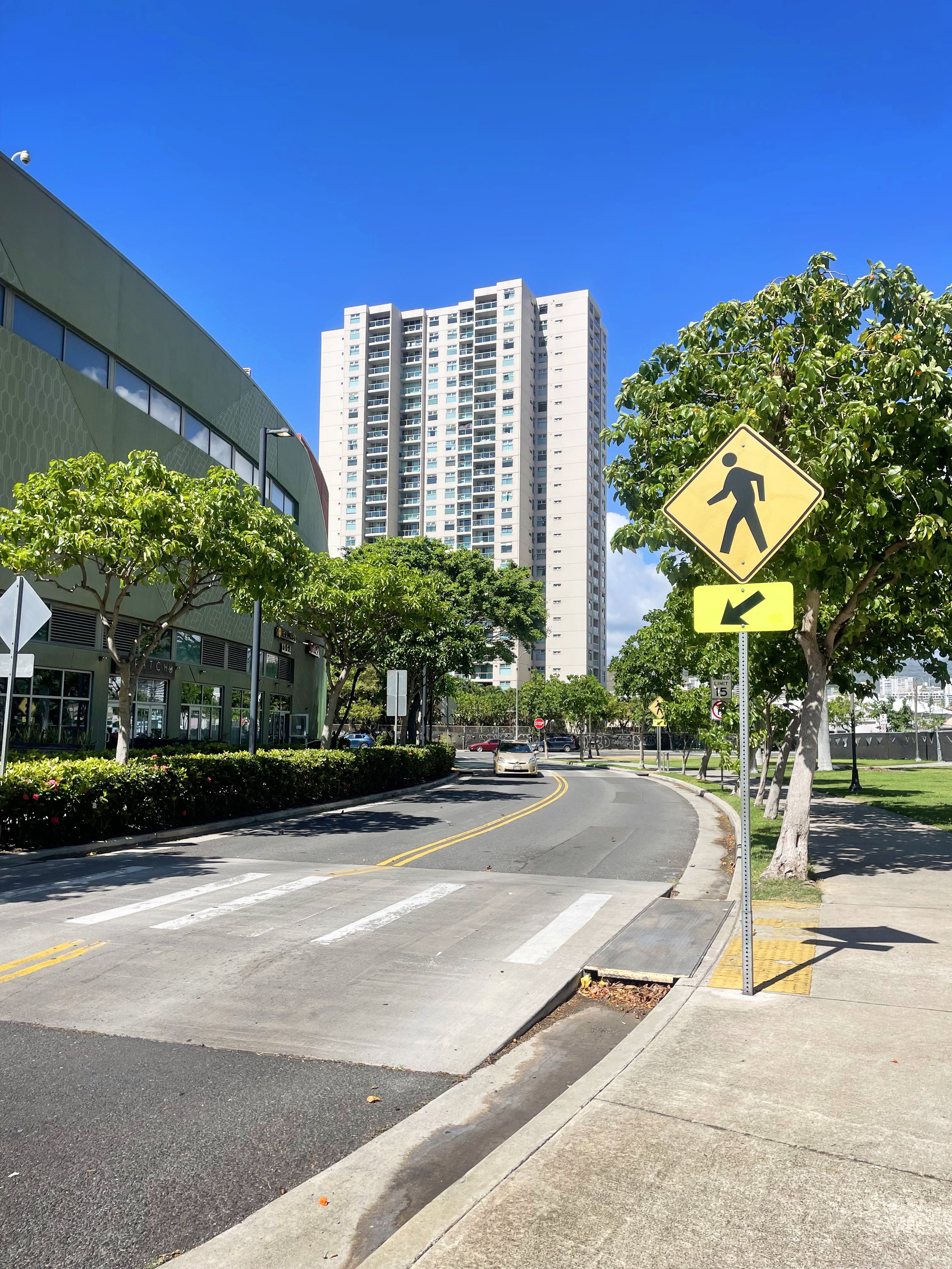
For a healthier, happier Hawaiʻi, transportation spending must prioritize bicycle and pedestrian infrastructure
Investing in the Safe Routes to School fund is a critical step in transforming our transportation system to meet the needs of all residents—pedestrians, cyclists and drivers alike.

Hawaiʻi’s 2025 legislature focused on raising tax revenue to prepare for federal cuts
Assessing a proper tax rate on corporations and the wealthy will be necessary to produce a budget that can fund critical safety net programs and investments in our future.

Wins for food access and low-income families at the 2025 legislative session
While there’s still more work to be done, this year’s wins have laid the groundwork for a future in which food access is treated as a right, not a privilege.

Two truths in tension: Hawaiʻi’s housing crisis and the urgent need for anti-displacement measures
We should reject the false choice between growth and protection, we can do both. Anti-displacement policies like HB1325 ensure that, as we build for the future, we don’t abandon our present.

Reimagining our streets for health, fun and community
HB1260 would support the creation of a Summer Street Pilot Program, designed to temporarily transform car-congested roadways into vibrant spaces for outdoor fun and social interaction.

As federal support fades, farm to families could fill the gap
Now, more than ever, investing in local food systems through programs like Farm to Families is a necessary strategy to build Hawaiʻi’s economic resilience and reduce food insecurity.

Reducing the burden of pedestrian fines and fees with Freedom to Walk legislation
At a societal level, we seek to shift public resources away from penalizing pedestrians and toward addressing the root causes of traffic violence.
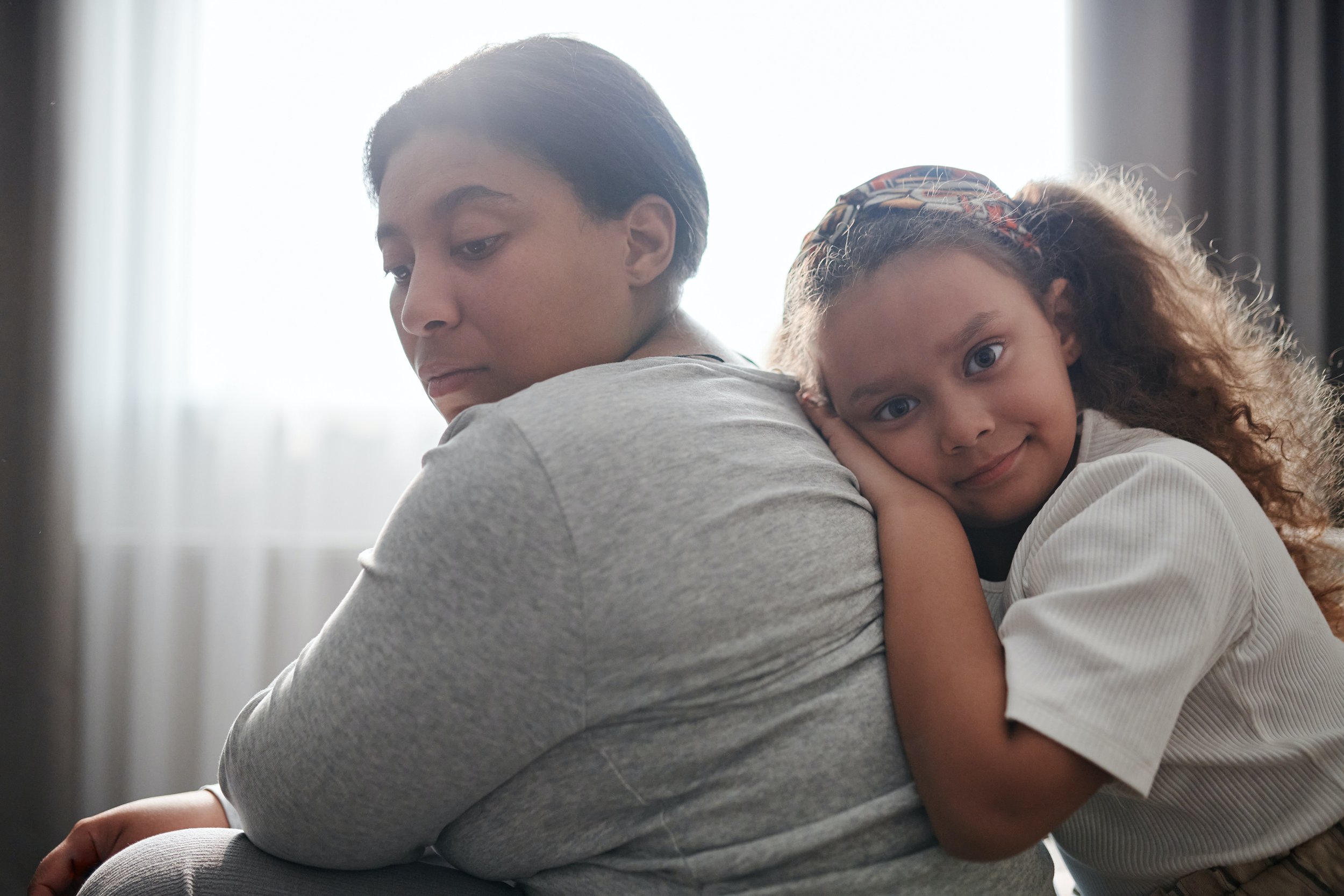
Implement strong eviction record sealing processes to protect Hawaiʻi renters
A single eviction filing—even one that doesn't result in actual eviction—can negatively impact renters for years. It's time for lawmakers to take decisive action to protect vulnerable tenants.

Hawaiʻi should close tax loopholes for multinational corporations
Multinational corporations make huge profits from the business activity they conduct in Hawaiʻi, while dodging the taxes they should be paying to support our state.
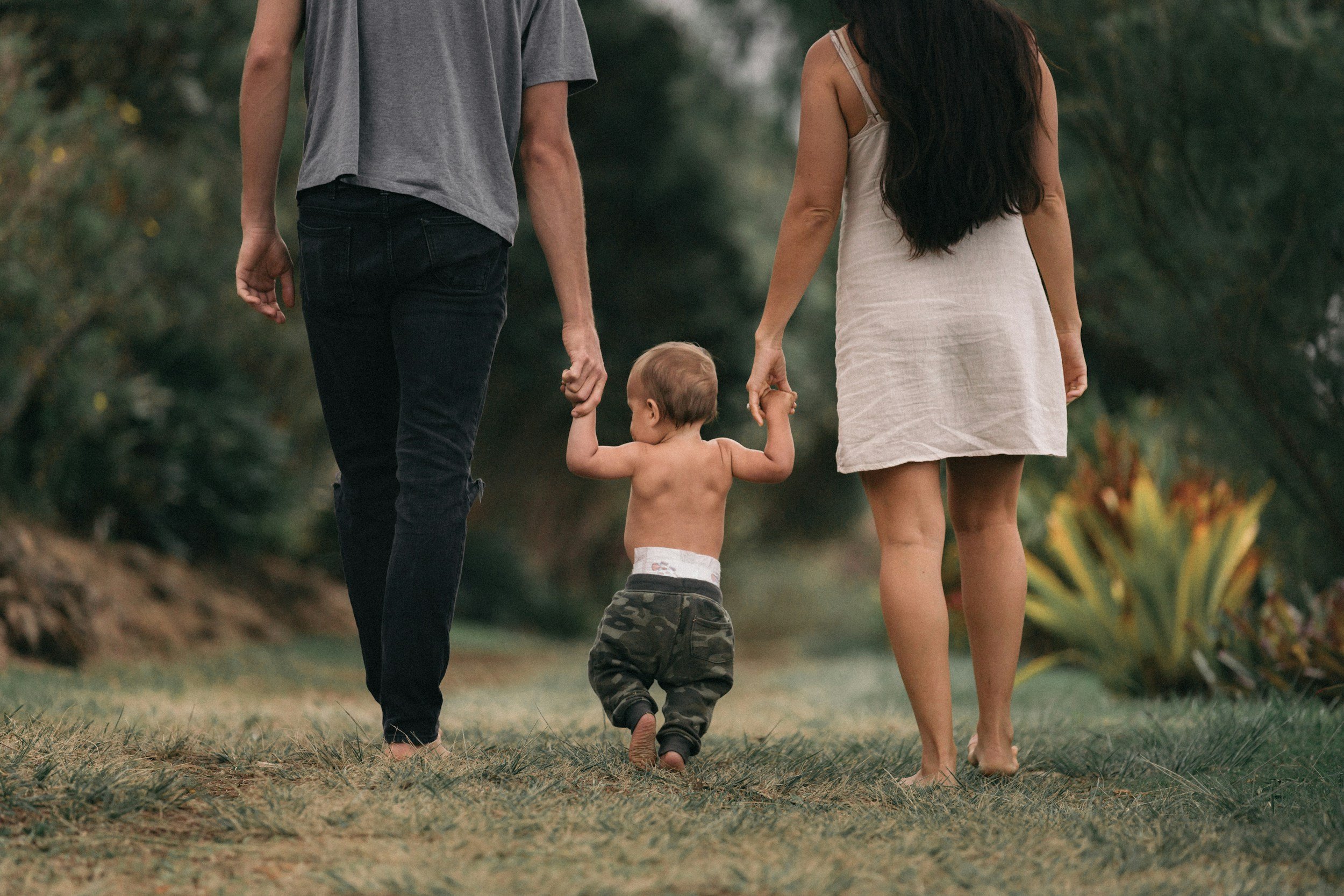
Why is SNAP failing Hawaiʻi residents?
It’s time for the state to invest in a more resilient, independent social safety net system that can keep working families going regardless of chaos at the federal level.

Tax credits are more necessary than ever in 2025
Hawaiʻi’s families need urgent help to deal with the high cost of living. This is especially true for parents, who have to balance the cost of child care, rent, and food every month.
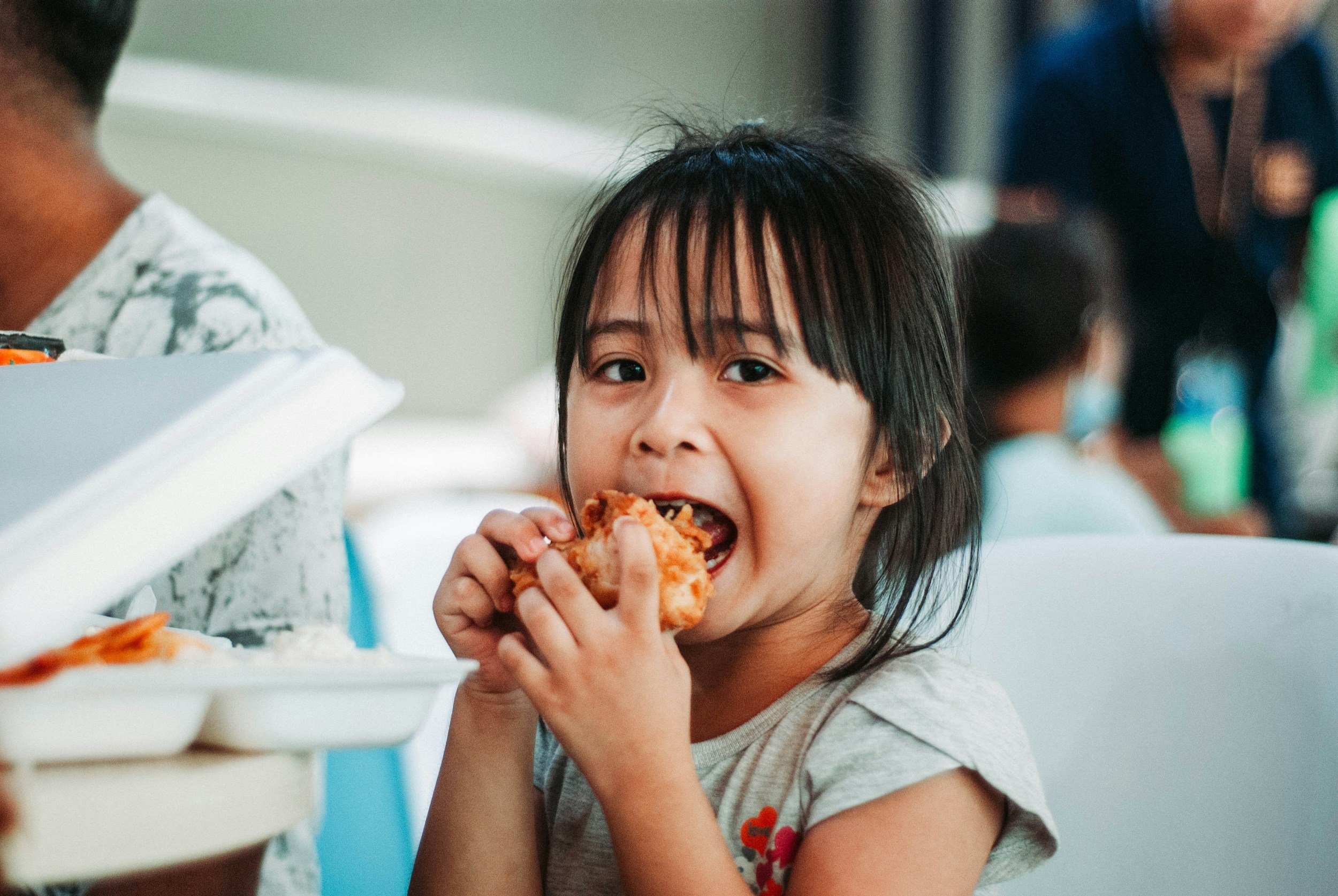
Hawaiʻi’s keiki are still waiting for universal free school meals. The time to act is now.
Research shows that consistent access to nutritious meals improves both academic performance and long-term health. Yet, in 2023, 6 percent of Hawaiʻi households with children had one or more children go a whole day without food.

Community participation during 2024 legislative session highlights pressing nature of food insecurity in Hawaiʻi
1 in 3 Hawaiʻi households experienced food insecurity last year, underscoring the urgent need for robust policy interventions to ensure that all residents have access to adequate and nutritious food.
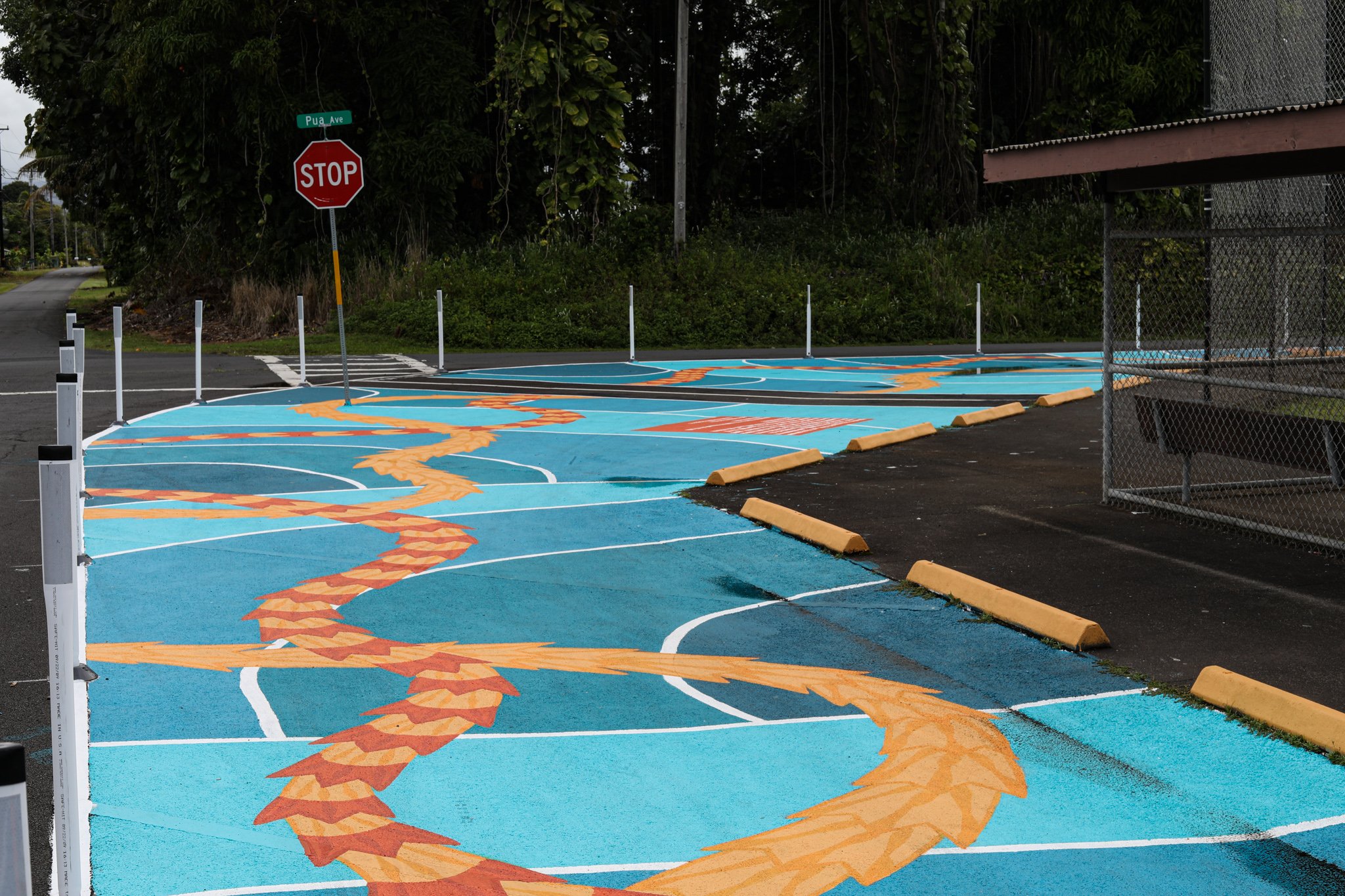
Jaywalking remains illegal in Hawaiʻi; Freedom to Walk elevates transportation equity discussion
By maintaining the focus on data-driven strategies to address systemic roadway safety issues, we can push for investments in infrastructure that slows vehicle speeds, increases the visibility of pedestrians, and physically separates vehicles and pedestrians.
